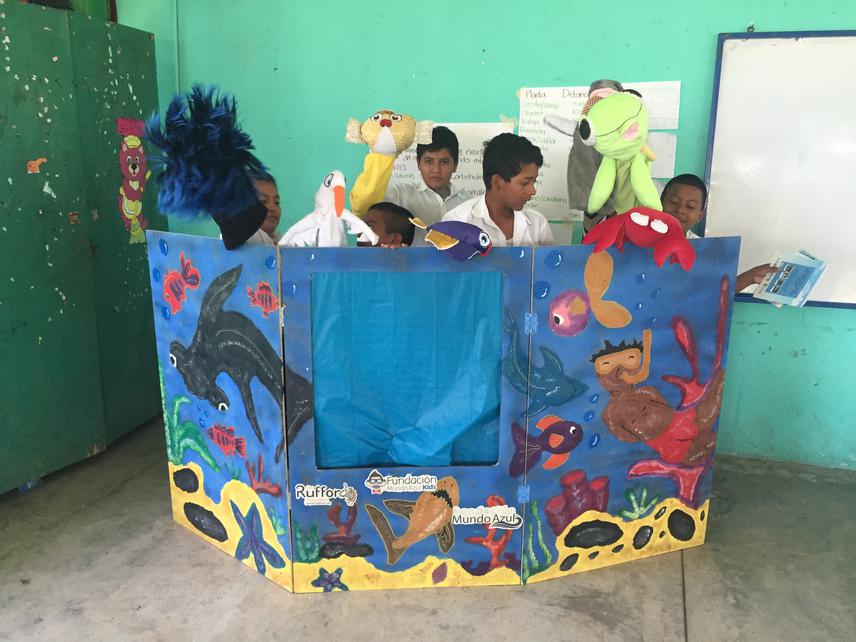Alerick Pacay
Other projects
23 Jan 2017
Environmental Educational Program for Teachers at the Guatemalan Caribbean as a Key for Conservation in Rural Areas
2 Jan 2018
Tackling Environmental Threats through Community Service Campaigns! – Teachers and Students of the Guatemalan Caribbean Take Action towards Nature
To change environmental behavior through increasing environmental attitudes, emotions and beliefs of the children populations in the Guatemalan Caribbean.

This project is trying to change the unsustainable behavior of the children into a correct use of the coastal-marine resources. This with the aim of turning these children into a new generation of change, so in the near future Guatemala´s new generation realize the responsibility to care for the environment and become agents of change.
The kids of El Quetzalito are part of a marginalized population and they lack of a strong educational background. The main economic activities of the families in these kind of communities are fishing, hunting or farming. This project wants to bring activities (educational material, puppet show presentations and workshops) to the children of these remote communities in the Guatemalan Caribbean, as they are going to form part of the population who will use the coastal-marine resources in the near future.
To monitor this project we will implement a pre-post methodology using writing evaluations, an adaptation of Animal Attitude Scale proposed by Herzog et al. in 1991. This evaluation consists of 29 statements that are scored on a five-point scale (strongly agree, agree, undecided, disagree and strongly disagree). A high score indicates pro-animal welfare attitudes. Nine of the statements were written to assess the tendency to become actively involved in animal welfare, and the other 20 statements were written to assess the attitude toward the treatment and use of animals, including their use as food, clothing, recreational resources and research.
We are also aiming to establish a 5 year environment educational program with the governmental entity of protected areas in the Region (Consejo Nacional de Áreas Protegidas -CONAP-) through the Master Plan that they have for the zone. With this, we will try to guarantee that people of the communities can have good education about their natural resources and that eventually, they can be able to take care about them.